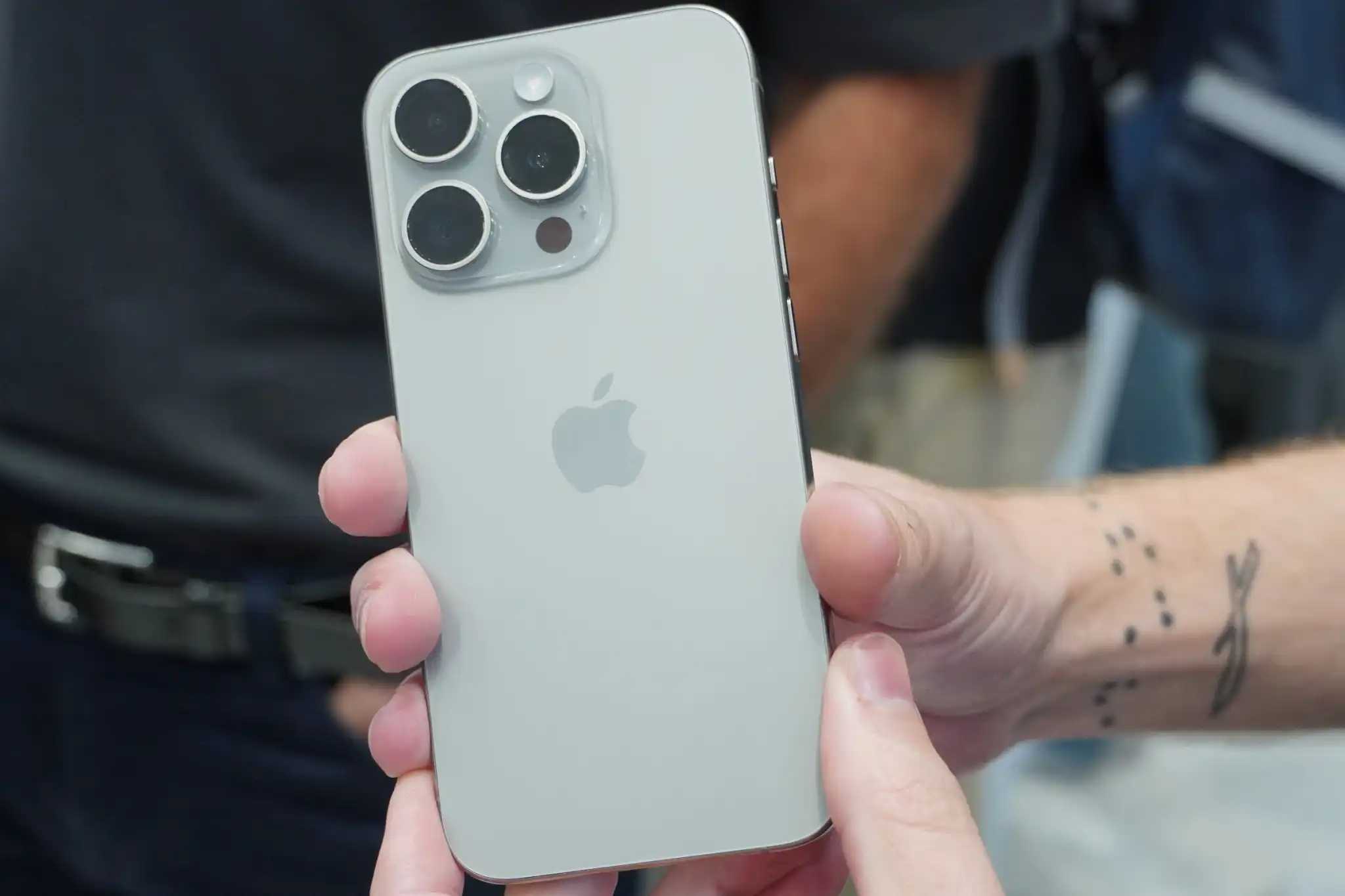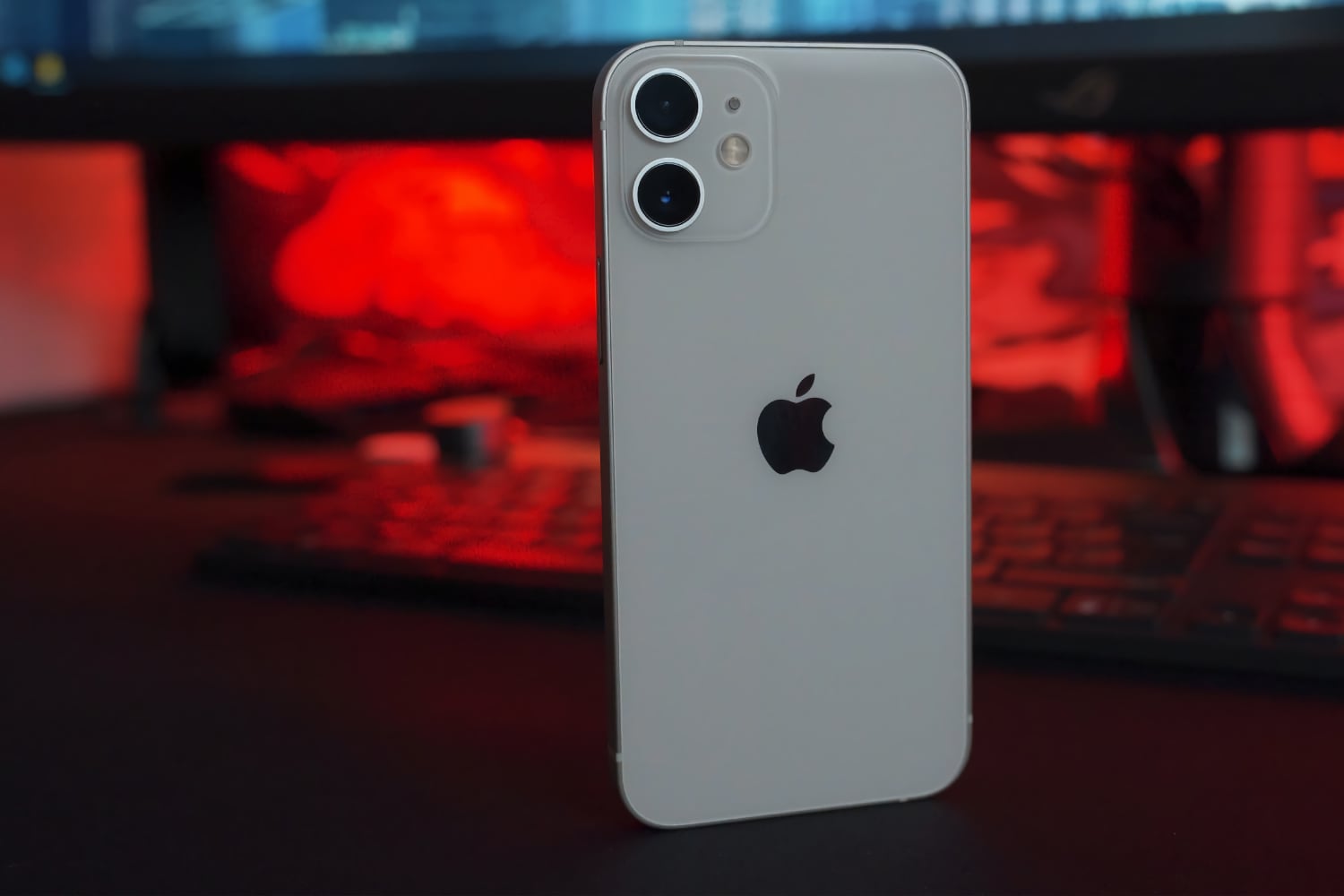The iPhone 16 lineup will bring in more money for Apple than anything else this year. As many other parts of the company (namely services) are growing, the overall fortunes of Apple still rise and fall on iPhone sales. You would think that would make the iPhone 16 Apple’s most important product this year, but no. That distinction belongs to iOS 18; or more specifically, the on-device AI features it is expected to bring to our pockets this fall.
For better or worse, it’s all about AI these days. Every tech company has to have a “leader in AI” story to satisfy investors, even if users are starting to get bored with AI chatbots already. And Apple, though the company has used lots of AI and ML (machine learning) in many of its products for years, has been really slow to release anything that could be considered competitive in the white-hot “generative AI” space.
You know: image/video/music creation, smart chatbots that can write and hold natural conversations, code generation, and so on. While some gen-AI tools out there are little more than a gimmick or fad, others are being used by millions every day. Whether it’s using AI to turn your selfie into a Monet for your avatar image or removing an unwanted person in the background of your favorite beach photo with a single tap…the tech world is racing toward gen-AI, and Apple needs to deliver.
Apple’s big selling point: On-device privacy
We expect Apple to release a suite of gen-AI tools with iOS 18. Rumors say to expect many of the features you would imagine, centered on a smarter, more capable, and more natural Siri that can do more of what ChatGPT or Microsoft Copilot can instead of just sometimes setting timers or telling you the weather correctly. Pages, Numbers, and Keynote are expected to get gen-AI features to help you more easily create great documents, Xcode could get code generation features, Safari may get AI-powered page summaries, and we wouldn’t be at all surprised to see enhanced photo or even video editing that leverages advanced AI features.
The software that runs on the iPhone will be far more important this year.
Jason Snell / Foundry
But Apple’s big hook, according to Mark Gurman’s tipsters, is that it will use an LLM (Large Language Model, the core intelligence of many types of generative AI) that runs entirely on-device. Some of Apple’s recent AI company acquisitions like Datakalab and DarwinAI have specialized in creating AI models that run on limited hardware. Recent research papers like LLM in a Flash focus on taking big AI models that notoriously require lots of RAM and compute power and finding new optimization methods to let them run efficiently on devices with less resources (like an iPhone).
It all makes sense, of course. Apple is the “what happens on iPhone stays on iPhone” company. Faced with premium Android phones that arguably take photos just as well or better, and phone hardware that long since passed the point of being “fast enough,” Apple has to find something that really distinguishes itself from its competitors, and that’s privacy and security. The best way to ensure neither Apple nor any third-party can scoop up all your data is to keep everything on your phone in the first place, and end-to-end encrypt everything that leaves it.
So that’s going to be Apple’s big play: With iOS 18, your iPhone has AI features just like all those other guys, but with Apple, it’s private and secure.
Privacy is not enough
Privacy is a good thing. When it comes to accessing your personal data—either that which you create deliberately like photos and calendar appointments or those you generate automatically like your location and browsing history—it’s best to ensure that nothing has to go up into the cloud to be processed by some computer you don’t control.
The thing is, most people just don’t seem to care. Apple has been on a big privacy marketing push for quite a while now and there’s no real indication that it’s making people choose iPhone over other alternatives. In fact, iPhone sales were down almost 10 percent last quarter compared to the year before and they could be in for a steeper drop when earnings are announced next month.
Sure, some people really care about privacy, and they’ll be sure to tell you all about it on social media. But the market at large—more than a billion smartphone users—seems perfectly happy to let a giant megacorp scoop up, sift through, monetize, bundle up, and sell off literally everything about them as long as they deliver a cool product.
Apple doesn’t have to have every single AI feature everyone else does (like OpenAI’s Sora video generation), but what it has better be good enough to make people want to buy an iPhone to use it. We expect iOS 18 to be announced and make waves at WWDC in June, but it’s not going to be released to the billion iPhone users of the world until September. That’s an eternity in AI development time. Apple is competing not with what is out there today but with what Meta, OpenAI, Microsoft, and Google will have in users’ hands by the end of the year.
The new Siri, or Photos features, or Music features, or whatever else Apple has up its sleeve, has got to at least be competitive with that stuff, while operating under the difficult restrictions of operating entirely on-device. If not, the iPhone will earn a reputation for being “not a phone you want if you like AI” and be stuck with it until iOS 19 in September 2025.
Great AI in iOS will sell the iPhone 16
We’re at the point where the new iPhones every year are just predictably good and a modest improvement over the year before. We expect the same with the iPhone 16 line–faster, some little features like solid-state buttons, and the camera’s a little better… the entire premium smartphone world is in that same boat. Transformative experiences that make you run out and buy a new device don’t come from hardware that is 15 percent better, it comes from amazing software that your four-year-old phone can’t run.
iOS 18 is rumored to be compatible with the same iPhones as iOS 17, which would include all models going back to the iPhone XR. But just because your iPhone from 2018 can get iOS 18 doesn’t mean it will get all of the new features, especially the AI ones. In recent years, Apple has held back numerous features from older phones due to the ability of the hardware to run them properly.
Some iOS 18 features might be unavailable on older phones, so they need to be compelling enough to get people to upgrade.
Onur Binay/Unsplash
Outside of the small enthusiast market, most people don’t care to run out and buy the new iPhone just because it’s got Titanium or a 5x zoom or a little bit faster processor. They buy it because it’s the new iPhone and their old iPhone is getting old. The ecosystem and strength of the brand are what drive iPhone sales, along with pricing.
If Apple wants to sell a lot of new iPhones, it needs to hype up the idea of the iPhone more than the iPhone 16 specifically. And this year, that means making the iPhone operating system something that really gets people talking. Something meme-worthy (in a good way). Apple needs people to post “I just said this to Siri and I can’t believe what it did” stories to their social media feeds. And that means making iOS 18’s private, safe, on-device AI impressive enough to make regular people say “wow.” Wow moments are all about performance, not privacy. Nobody has ever posted to their socials, “Wow, I can’t believe how private this feature is!”
Making must-have AI features the defining characteristic of “iPhones” with iOS 18 will not only please the investor class that is willing to throw unlimited money at all things AI right now, but it will elevate the most famous smartphone brand in the world, and that is how Apple sells more iPhones.
Source : Macworld










